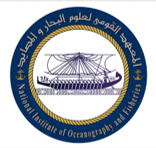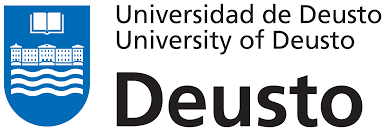ABOUT US




HortiMED is driven by the requirements of the Mediterranean horticultural communities, the increased competition and urgent need for technological update, climate-related constrains and the ever-growing food demand. HortiMED's overall objective is to provide the Mediterranean horticultural community with innovative tools to enable resource efficient year round greenhouse cultivation by harnessing the potential of both simple and advanced technologies for smart nutrient, irrigation & climate control, and integrated pest management taking into account their feasibility and cost-effectiveness at individual greenhouse level. HortiMED’s approach pivots around two main axes: (1) Enabling smart greenhouse management through a Decision Support System (DSS) that integrates sensors, smart algorithms, efficient greenhouse control procedures and applies artificial intelligence techniques for enhanced adaptive greenhouse management. (2) Increasing circularity of horticulture by using biological agro-ecological technologies to close the loop in Mediterranean greenhouses through aquaponics.






